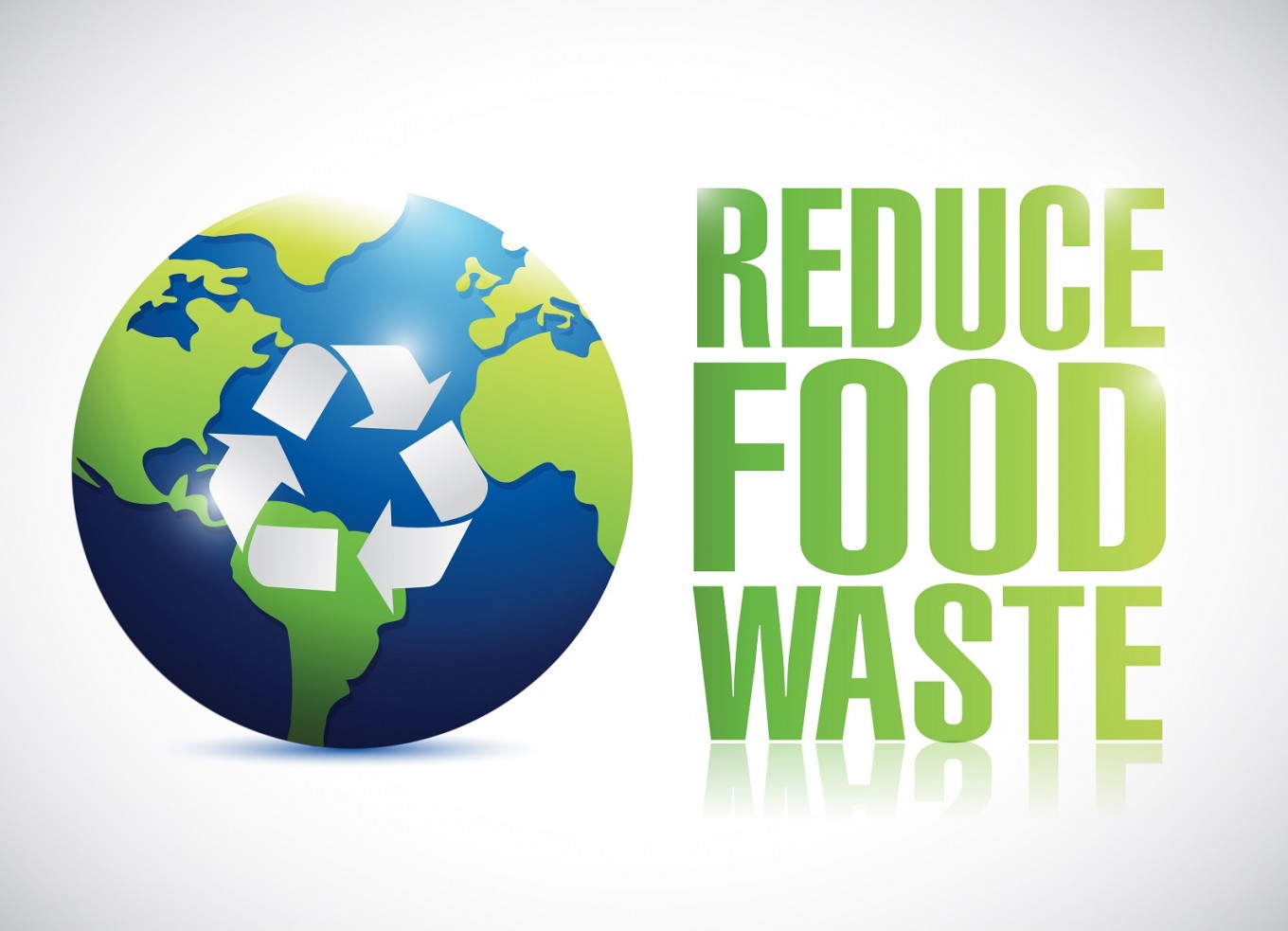Popular Reads
Top Results
Can't find what you're looking for?
View all search resultsPopular Reads
Top Results
Can't find what you're looking for?
View all search resultsCities champion efforts to reduce urban food waste
As a member of the Milan Urban Food Policy Pact steering committee representing the Asia Pacific region, Bandung can encourage more Indonesian cities to adopt sustainable practices in food managament.
Change text size
Gift Premium Articles
to Anyone
L
ate 2020 marked the commitment of the city of Bandung to step up its fight against urban food waste by joining the Milan Urban Food Policy Pact (MUFPP). Strengthening its role, Bandung, along with Seoul, was elected a member of the MUFPP steering committee representing the Asia Pacific region on March 23.
The decision was very well-timed for several reasons. First, Indonesia is the second-largest food waster globally, with each individual dumping up to 300 kilograms of food per year. The number is staggering, as it ironically highlights inequality, given that food scarcity remains rampant in poverty pockets across the archipelago.
Second, Bandung is the first city in Indonesia, and hence in Southeast Asia, to join this international city-to-city cooperation framework, allowing it to help raise public awareness about the mounting challenges in urban food management.
Third, the COVID-19 pandemic exhibits the vulnerability of urban food systems to external shocks and supply disruptions, forcing us to revisit the efficacy of our urban food management.
As the third-largest city in Indonesia, Bandung is home to more than 2.5 million people with a total area of 167.45 square kilometers. However, according to the city’s food and agriculture agency, up to 96 percent of the food supply originates from outside the city, making Bandung vulnerable to food price shocks. More sustainability in urban food management is key to protecting the city from future food disruptions.
Bandung has adopted a smart food city approach, which highlights the primary role of community participation and technological advancement in tackling the urban food issue. Various programs are in place, such as Bandung Agri Market (BAM), urban farming, which is locally called Buruan Sae, and the Kangpisman program, which follows the 3R principle of reducing, recycling and reusing.
To support the urban farming program, the city government continues to encourage community movements to use every bit of land to plant food crops, such as vegetables, to meet daily needs. Bandung’s urban agriculture is managed either by a single family or a community, which eventually promotes inclusivity, strengthens social relations, contributes to the local economy and at the same time protects the environment.
The Bandung Smart Food City program also includes food-sharing activities. Still in the initiation stage, these activities will be facilitated by the development of a web-based and android-based food-sharing mechanism.
The application is expected to facilitate the involvement of various food producers, such as restaurants, hotels, catering firms and bakeries. The app is hoped to help Bandung reduce food waste, enhance social solidarity and address inequality in access to food.
Steps to realize the food smart city initiative follow a penta-helix approach, involving the city government, universities such as Parahyangan Catholic University, and international organization Rikolto-Veco. Likewise, the media, community groups, including local NGOs and schools, are all committed to help bring about the smart food city by supporting policies related to urban farming, food sharing and awareness in various segments of society.
Internationally, Bandung engages in transnational cooperation through its membership in the Milan Pact. The MUFPP provides cities the avenue to work together in realizing a sustainable urban food system through best practices and knowledge exchanges. The networks support the sustainable development goals (SDGs) and lends its expertise from international organizations, notably the Food and Agriculture Organization, C40 and Eurocities. This multistakeholder approach is essential to address the global food problem.
More than ever, cities have emerged as relatively independent diplomatic actors that complement the diplomacy of national governments. The distinct characteristics of city diplomacy rest on a high degree of adaptability; cities are less constrained by international political pressure than national governments; therefore, they will be able to address sensitive environmental issues that affect grassroots society directly.
Bandung’s appointment to the MUFPP steering committee benefits not only the city itself, but Indonesia and Southeast Asia for several reasons.
First, a steering committee member has the power to set the agenda on issues that the region specifically needs. As urban food outlook differs across the region, steering the agenda toward accommodating especially Indonesian cities’ needs will help support the development of a sustainable urban food system in Indonesia.
Second, Bandung can lead this initiative, encouraging more Indonesia cities to adopt a sustainable urban food strategy by accessing the MUFPP’s library of knowledge of advanced practices from all over the world.
Lastly, Bandung can play a strategic role in expanding the network within Indonesia and Southeast Asia, as well facilitate partnerships amongst cities to support the attainment of the SDGs.
Bandung as a member of the MUFPP is committed to championing the initiatives to encourage sustainable urban food management through the food smart city program. Together with Surakarta city as the new addition to the membership, Bandung seeks to advance the city-to-city cooperation in Indonesia in urban food management.
***
Pius Sugeng Prasetyo is the dean of the Faculty of Social and Political Sciences at Parahyangan Catholic University in Bandung.
Ratih Indraswari is a doctoral student at the Department of Political Science and Diplomacy at Ewha Womans University, Seoul.










